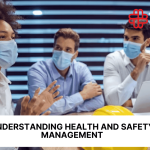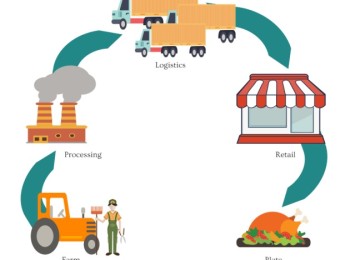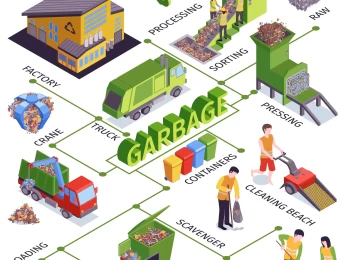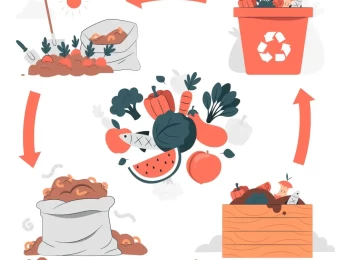- To be able to evaluate and improve any logistics and processes within the company to ensure they meet legislative requirements and any international food safety standards that apply.
- To be able to design the monitoring systems needed and then implement and control the food safety management developed from such systems.
- To set up the necessary HACCP team and ensure they have the correct knowledge needed to develop and implement a HACCP system within the company.
- To be able to carry out effective hazard analysis and identify any corrective or preventive measure to bring risk back to acceptable levels.
- To be able to demonstrate the correct categorisation of Critical Control Points (CCPs).
- To be able to demonstrate the correct categorisation of Operational Prerequisite Programs (OPRPs)
- Food Safety Consultants
- Pubic Health Authority Hygiene Inspectors
- Anyone involved in inspection food premises
- Personnel involved in monitoring/implementing food safety legislation
- Quality Control staff in food processing facilities and food premises
- Food technologists
- Food Scientists
- Those hoping to pursue a career in food science or any food-related profession.
Day 5 of each course is reserved for a Q&A session, which may occur off-site. For 10-day courses, this also applies to day 10
- What is an ISO 22000:2005 Food Safety Management System?
- How the ISO 22000:2005 system has evolved and incorporated Codex Alimentarius and HACCP principles.
- A look at regulations and guidelines for food safety
- The terminology used in food safety
- Understanding and working with Control Limits (CLs)
- Understanding Critical Control Points (CCPs)
- Food safety management systems
- Management responsibilities
- Resource management for food safety management
- Planning and realisation of safe products
- Validation, verification and improvement of food safety management systems
- Awareness and Competence training - Human Resources
- Management team reviews requirement
- What inputs/outputs are required from the management team
- Documentation for the work environment
- Example documentation including forms
- Explanation of using forms and documentation
- What are PRPs?
- Hazard Analysis Planning: (flow diagrams, steps of the process, control measures and food safety team
- Carrying out a Hazard Analysis
- HACCP plan
- PRPs, CCPs and CLs
- Traceability system and verification plans
- Dealing with nonconformity: Withdrawing and Correcting
- Control Measure Validation
- Monitoring and Measuring Control
- Verifying the Food Safety Management System
- The Importance of Internal Audits for ISO 22000:2005
- Why improvement is continuous
- Consideration of how improvements evolve
- Open forum for discussion and Q&A
Upon successful completion of this training course, delegates will be awarded a Holistique Training Certificate of Completion. For those who attend and complete the online training course, a Holistique Training e-Certificate will be provided.
Holistique Training Certificates are accredited by the British Assessment Council (BAC) and The CPD Certification Service (CPD), and are certified under ISO 9001, ISO 21001, and ISO 29993 standards.
CPD credits for this course are granted by our Certificates and will be reflected on the Holistique Training Certificate of Completion. In accordance with the standards of The CPD Certification Service, one CPD credit is awarded per hour of course attendance. A maximum of 50 CPD credits can be claimed for any single course we currently offer.
- Course Code IND10-101
- Course Format Classroom,
- Duration 5 days













